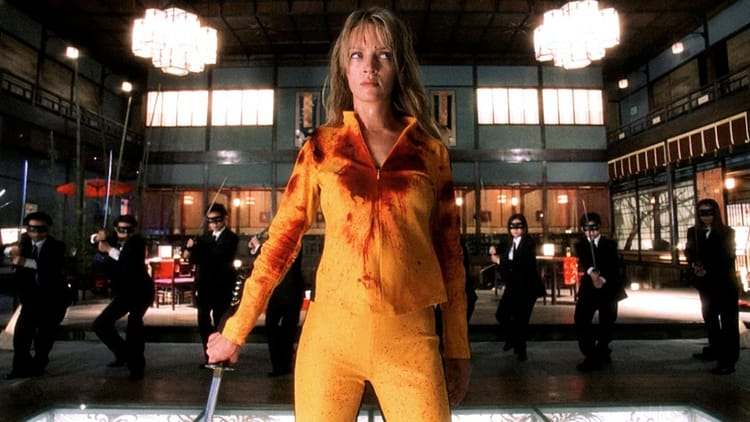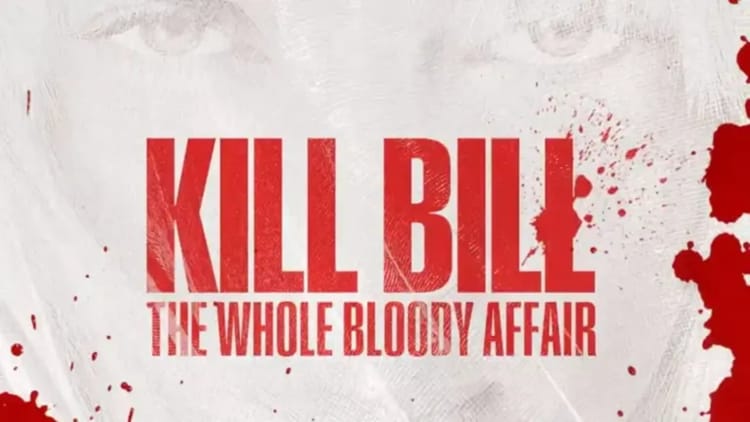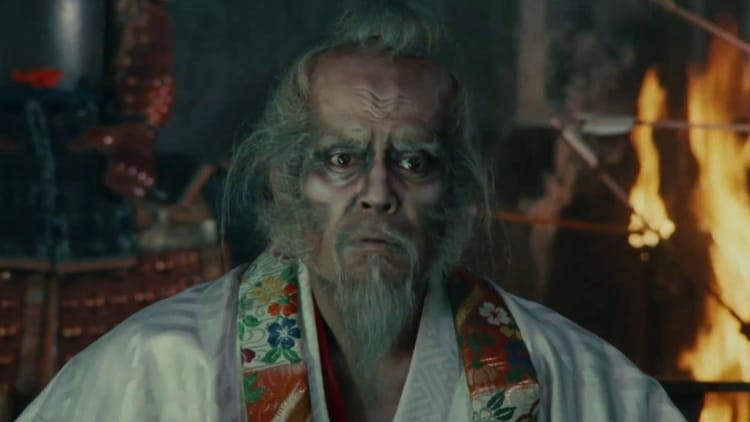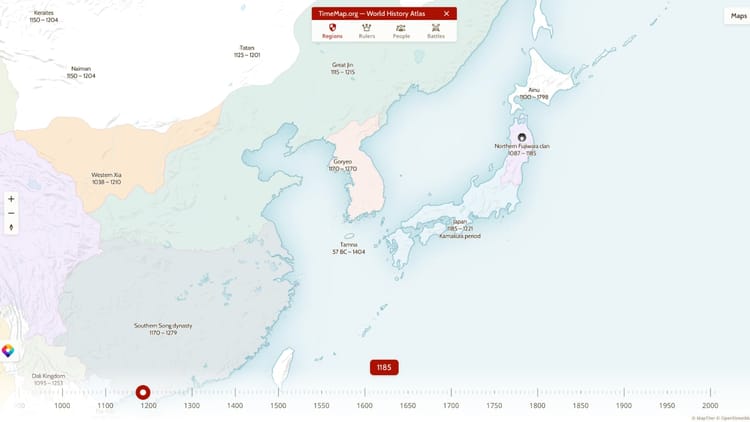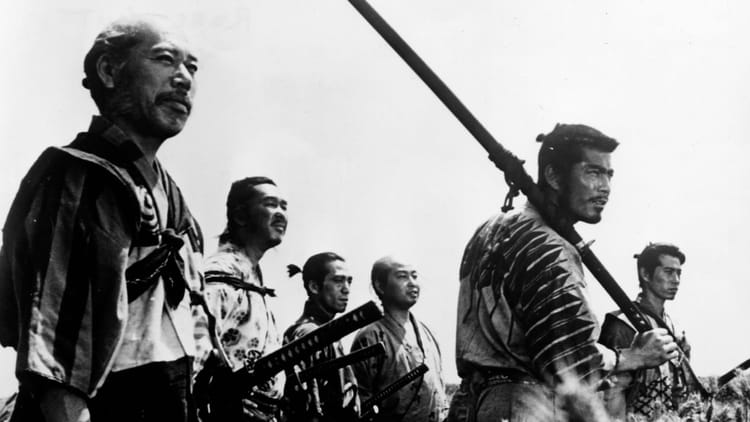The Hidden Fortress
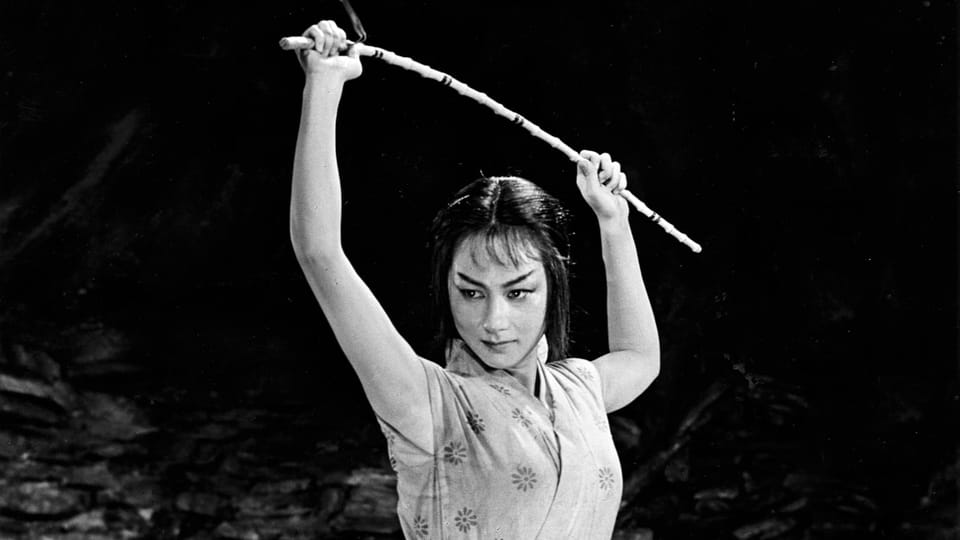
The Hidden Fortress, directed by the one and only Akira Kurosawa, this flick was a total game-changer for Japanese cinema. You dig? It was Kurosawa’s triumphant return after Seven Samurai, and let me tell you, it set a whole new standard for action-adventure films. The Hidden Fortress proved Kurosawa wasn’t just some art-house auteur; uh uh, he was a box office powerhouse, baby! This flick’s success even secured financial guarantees for Kurosawa’s production company, keeping the gravy train rolling until 1970.
The Hidden Fortress was Kurosawa’s first rodeo in widescreen filmmaking, and let me tell ya, it was one of his most stylish flicks. He took artistry, humanism, and entertainment, and he blended them together like a fine cocktail. Sure, some critics initially dismissed it as frivolous entertainment, but let me tell you, this flick’s significance was later recognized, especially when it became a major influence on the Star Wars franchise.
Now, this film ain’t easy to slap a label on, baby. It’s part samurai film, part road movie, and even has a touch of the good ol’ American western. I mean, the Japanese title, Three Bad Men in a Hidden Fortress, gives a little nod to John Ford, but let me tell ya, this flick introduced Princess Yuki, one of the first woman characters in a Japanese period film who ain’t just some suffering beauty or femme fatale. She’s got sass and class
The life of man, Burn it in the fire, The life of an insect, Throw it into the fire, Yeah! When you realize, The world is dark, Life is just a dream, Lose yourself, Yeah!
So, what’s the story, you ask? Well, you got these two peasants, Tahei and Matashichi, and the suave samurai General Rokurota Makabe, escorting Princess Yuki, the heir to a besieged empire, through enemy territory. Kurosawa used TohoScope to make this baby pop, contrasting the characters against expansive, barren landscapes. I’m telling you, it’s cinematography that’ll knock your socks off.
Now, this film’s got some layers. It’s all about social hierarchy and class boundaries. You got these two peasants front and center, but through Kurosawa's lens, you see the bigger picture. They learn a thing or two about the futility of greed on their journey.
And then there’s Princess Yuki. She’s a powerful and independent woman, challenging traditional gender norms like a boss. Kurosawa’s all about exploring themes of loyalty, greed, and social equality. He’s critiquing the feudal social order while celebrating individual transformation and heroism.
So, yeah, maybe The Hidden Fortress was dismissed as just some superficial entertainment at first, but now, it’s recognized as a vital piece of Kurosawa’s genius. It’s got everything—technical innovation, storytelling prowess, and humanist themes. And hey, its influence on the Star Wars franchise? Undeniable. This flick’s a stone-cold classic, cementing its place in cinematic history as a groundbreaking and influential film. So, if you ain’t seen it yet, what are you waiting for? Go check it out, and thank me later. Peace out!

